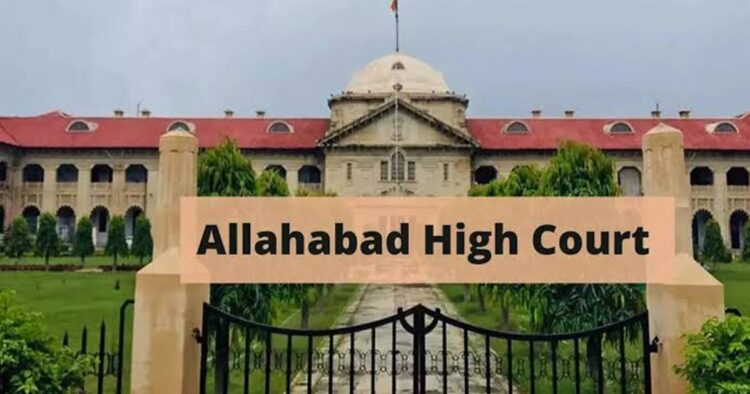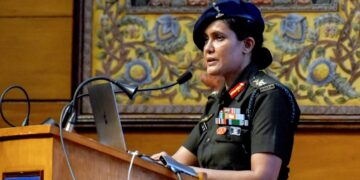The Allahabad High Court in a landmark ruling has clarified the boundaries of religious freedom in India, emphasizing that individuals have the constitutional right to practice and their faith, this does not extend to a collective right to convert others.
Judge Rohit Ranjan Agarwal delivered the ruling which underscores the constitutional guarantee of individual freedom of conscience. The court’s decision comes amid a broader examination of the Uttar Pradesh Prohibition Unlawful Conversion of Religion Act, 2021.
‘The Constitution confers on each individual the fundamental right to profess, practice and propagate his religion. However, the individual right to freedom of conscience and religion cannot be extended to construe a collective right to proselytize, the right to religious freedom belongs equally to the person converting and the individual seeking to be converted’, said Judge Agarwal.
However, the ruling was made in the context of a bail application by Shriniwas Rav Nayak, who was implicated in a case filed at the Nichlaul police station in the Maharajganj district under Sections 3/5 (1) of the 2021 Act.
According to the First Information Report, the informant was invited to co-accused Vishwanath’s home on February 15, where he was persuaded to abandon Hinduism and convert to Christianity.
The FIR details that guarantees of a better life and problem resolution were used as inducements, and many villagers, predominantly from Scheduled Castes, had already embraced Christianity.
The additional government advocate maintained that Nayak was actively involved in the conversion process. The court noted, ‘The Constitution clearly permits its citizens right to freedom of religion in respect to their professing, practicing and propagating its religion. It does not allow or permit any citizen to convert any citizen from one religion to another religion’.
The court highlighted that Section 3 of the 2021 Act explicitly forbids conversion by means of deception, compulsion, fraud, undue influence and seduction. The Act also penalises those who aid or abet, such conversions. The court stressed that the Act was enacted with due consideration to Article 25 of the Indian Constitution, which prohibits forced conversions.

















Comments